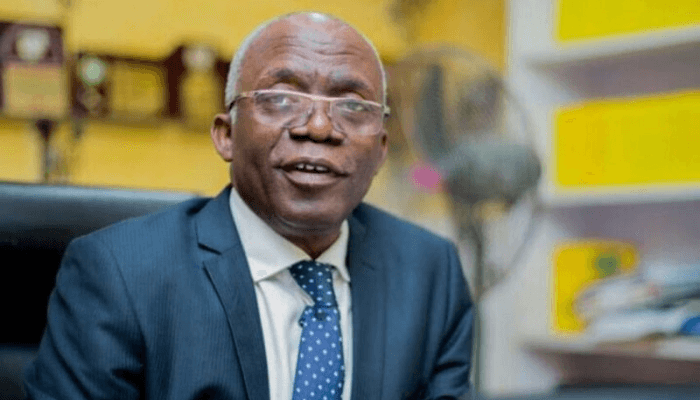
By Femi Falana SAN
Following the cessation of the emergency rule in Rivers State on September 17, 2025, President Bola Tinubu restored the suspended Governor Siminalayi Fubara
and other elected officials. In a statement on the occasion of the lifting of the emergency rule, President Tinubu acknowledged that many Nigerians opposed his decision and dragged him to court. In a veiled reference to the legal debacle, the President said:
“I am not unaware that there were a few voices of dissent against the proclamation, which led to their instituting over 40 cases in the courts in Abuja, Port Harcourt, and Yenagoa, to invalidate the declaration. That is the way it should be in a democratic setting. Some cases are still pending in the courts as of today.”
It is pertinent to recall the case of Attorney-General of Plateau State v Attorney-General of the Federation (2006) 3 NWLR (Pt. 967) 346, where the Plaintiff had challenged the constitutional validity of the 6-month emergency rule and the suspension of elected Governor, Deputy-Governor and legislators by the President. The Supreme Court heard the case after the expiration of the emergency rule.
In striking out the case for want of jurisdiction, the Supreme Court stated that the claims were seeking relief for individual persons who were not parties to the action and that the suit raised no live issue as the state of emergency had ended, rendering the claims academic and speculative. In the case of Attorney-General of Ekiti State v Attorney-General of the Federation (unreported), the apex court toed the same line by washing off its hands like Pontius Pilate. As the case was filed on behalf of the state government, the apex court said that it was not authorised by the sole administrator!
No doubt, some of the pending cases have challenged the suspension of Governor Siminalayi Fubara and other elected officials during the period of emergency rule in Rivers State. To that extent, those reliefs are likely to be struck out on the ground that they have become academic and speculative following the restoration of the suspended democratic structures.
However, the majority of the pending cases seek a constitutional interpretation of the President’s powers to suspend elected state officials and impose emergency rule and the legality of appointing a sole administrator to govern a state during the period of suspension. They also challenge the legality of suspending a state legislature and other state executive bodies under emergency rule. Essentially, the cases seek the interpretation the interpretation of sections 1(2), 5(2), 11, 176, 180, 188, and 305 of the Nigerian Constitution.
Other cases pertain to the dissolution of state executive bodies and the removal of officials whose terms had not expired, appointment of members of statutory boards by a sole administrator, as well as the conduct of local government elections without giving adequate notice to political parties contrary to the judgment of the Supreme Court on the matter. It is indisputable that these are live issues that should be speedily heard and determined by the courts.
From the facts and circumstances of emergency rule in Rivers State, it is indubitably clear that the cases arising from this particular emergency rule are distinguishable from the case of Attorney-General of Plateau State v Attorney-General of the Federation (supra). To that these cases are not spent.
After all, the Attorney-General of the Federation and Minister of Justice, Mr. Lateef Fagbemi (SAN) had said that the declaration of a state of emergency in Rivers State was a “clear signal” to other crisis-ridden states that the federal government would not tolerate breaches of the Constitution. The courts can not afford to dismiss the veiled threat of the federal government while the sword of Damocles continues to hang menacingly on the heads of elected governors.
On another occasion, Mr. Fagbemi SAN had urged critics of the state of emergency in Rivers State to allow the judiciary to decide the matter. In his own words, “Let us refrain from unnecessary commentary. Either you make a public comment, or you allow the court to do its work. Since the court is already involved, let’s be patient.”
The Bola Tinubu administration has thrown a challenge to the judiciary. The Courts must it up without any further delay. In other words, notwithstanding the restoration of democratic rule in Rivers State, the Courts are duty bound to pronounce on the legality of the power of the President to suspend elected governors and other elected officials under the current democratic dispensation. Otherwise, the powers of the President under section 305 of the Constitution will continue to be invoked to settle political scores under the pretext of restoring law and order in selected states.
The post Why courts are bound to decide legality of emergency rule – Falana appeared first on Vanguard News.





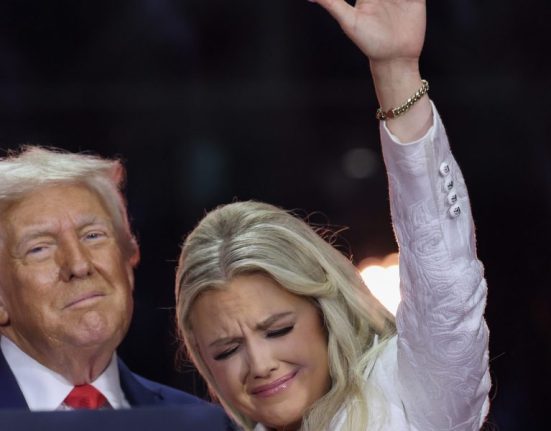
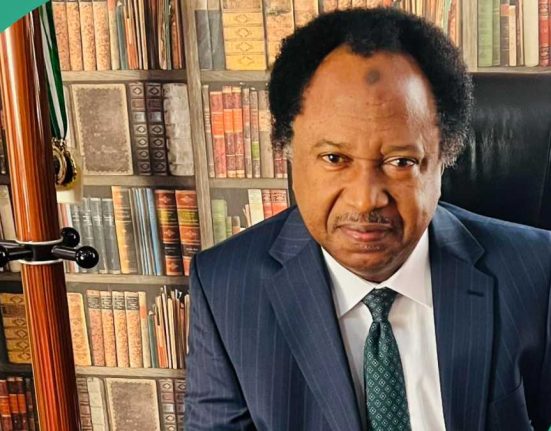
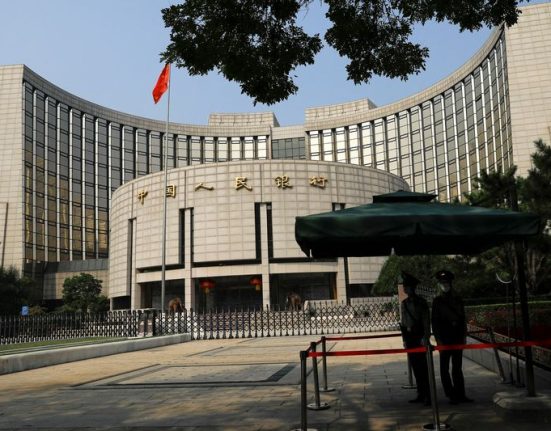
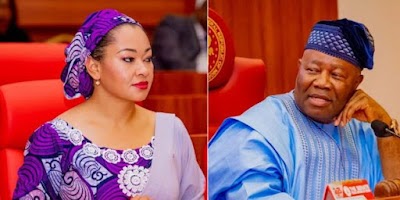
Leave feedback about this